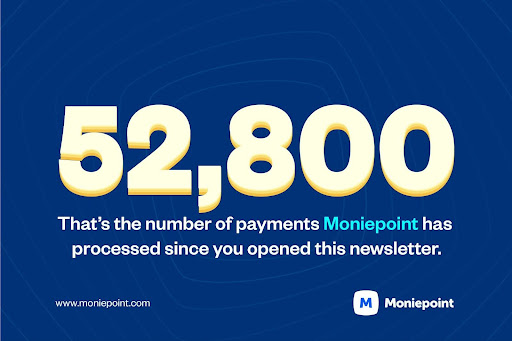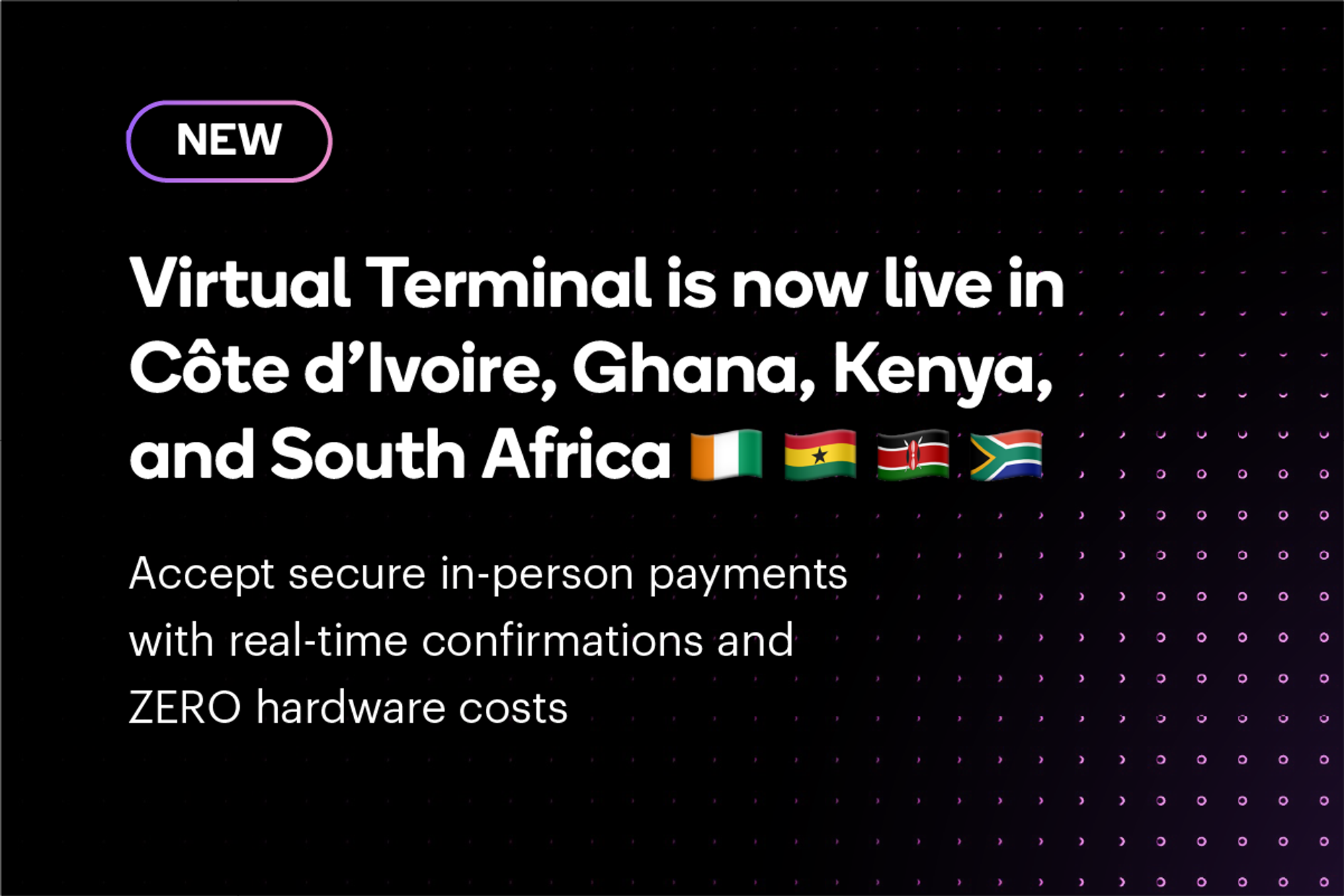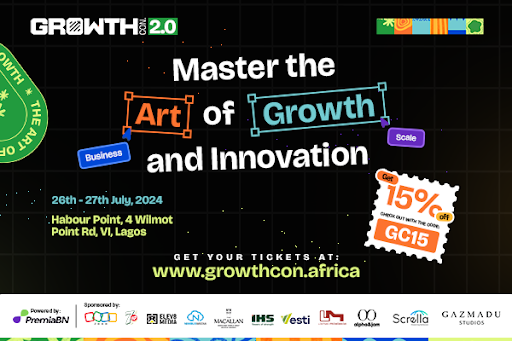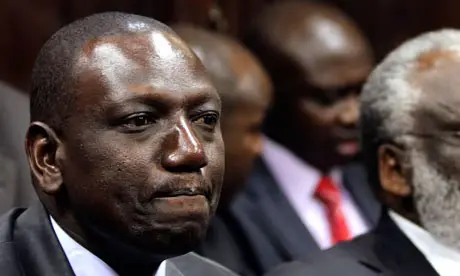

Good morning ☀️
If you watch Amazon’s The Boys, the latest edition of Entering Tech spur your interest.
Here’s a piece of what I wrote on Saturday:
“Before The 7, Firecracker was exactly who you’d think a superhero named Firecracker would be: a right-wing extremist wielding a podcast with a few hundred listeners, peddling all the phobias that presently run conversations on X (formerly Twitter). Two weeks after joining The 7, Ms Gray [Firecrcaker] gains millions of followers across social media, is hosting the evening show—the most watched slot, by the way—of the Vought News Network, and has the world’s most powerful man, Homelander, attached to her. Literally. So how did Firecracker get her milkshake to bring all the boys (pun intended) to her yard? How did she go from a nobody to a sorta important somebody? Well, she talked..and talked.”
You should read Entering Tech #69 for the full story where I argue that one of the most infuriating characters to be introduced, Firecracker, is definitely also teaching young people an important lesson in talking about their work.
POS agents registration deadline extended by 60 days
Last week, we argued that Nigeria would have to register at least 30,000 POS agents per day to meet its July 7 deadline. When this deadline was announced in May, the business registry, the Corporate Affairs Commission (CAC), had 62 days to register some 1.9 million POS agents scattered across the country.
Well, the deadline has been extended by another 60 days. POS agents now have until September 5, 2024, to register or face prosecution for aiding and abetting criminal activities. They also risk losing their businesses, many of which serve as a second means of income for small retailers who don’t make that much money. According to the MoniePoint informal economy report, half of business owners in the informal economy run more than one business, with 79% earning less than ₦250,000 ($161) in monthly profits.
The large number of agent registrations caused challenges. To address this, the CAC collaborated with leading agent banking providers like Moniepoint, Palmpay, Opay, and Paga. These financial institutions received access (through APIs) to the Special Registration Portal (SRP). This allows agents to register directly through their familiar fintech platforms.
The reason behind the registration rush? POS transactions saw a 40.69% year-on-year increase but making cash readily available came with a fresh problem. In 2023, POS terminal fraud surged, comprising over 26% of all reported fraud cases, according to a report by Nigeria Inter-Bank Settlement System Plc (NIBSS). The mandate to register POS agents with the Corporate Affairs Commission (CAC) aims to enhance transparency and curb and clamp down on these criminal activities.
POS agents aren’t taking the directions sitting down: Complaints are far and wide about the legality of this notice. But the registrar-general of the CAC, Hussaini Magaji noted that the registration aligns with the Companies and Allied Matters Act 2020 which mandates all persons who want to carry out business in Nigeria to be registered. Elegbede Oluwasegun, National General Secretary of the Association of Mobile Money and Bank Agents in Nigeria (AMMBAN) noted that POS operators plan to challenge the CAC’s authority, arguing the Commission has no jurisdiction over individual operators, only companies.
Process payments smoothly with Moniepoint

And we’ll have processed almost 5,000 more by the time you’re done reading this. Your business payments can be one of them. Click here to sign up.
Ruto slashes Kenya’s budget and spending
If you’d told several Africans last week that some would get the chance to join their president on a Twitter Space and air their concerns directly, many would have called it a fib. Yet, that’s what happened in Kenya.
On Friday night, after announcing a slashed budget from KES3.9 trillion ($30 billion) to KES 3.67 trillion ($28.7 billion), over 134,000 people joined President William Ruto on X (formerly Twitter) in a three-hour-long Space conversation tagged #EnagagePresident.
Why Kenyans are engaging: Kenya’s OccupyParliament protests led President William Ruto to scrap the proposed Finance Bill, and it’s coming with “huge consequences” for everyone, just as the president promised last week. The finance bill was a major component of the policy reforms Kenya agreed upon with the IMF under a $3.6 billion lending programme. The finance bill was also supposed to assist Kenya in repaying its debt which stands at $75.3 billion (equivalent to KES10 trillion).
To close the $2.7 billion budget shortfall resulting from the cancellation of planned tax increases, President Ruto proposed spending cuts and additional borrowing.
On Friday, he slashed Kenya’s 2024/2025 budget by KES177 billion ($1.3 billion). The government plans to implement several cost-cutting measures. These include dissolving 47 state corporations with redundant functions, suspending the position of chief administrative secretaries, and reducing the number of government advisors by half. Additionally, budgets for the offices of the First Lady, the deputy president’s spouse, and the prime cabinet secretary will be eliminated, along with confidential budgets allocated to various executive offices. Renovation budgets will be slashed by 50%, and all public servants over 60 will be mandatorily retired with no extensions.
During the Twitter space, Ruto pledged to dismiss corrupt officials and contested the inflated death toll from recent protests, asserting the number was 25 instead of 40. He promised to investigate police brutality and follow up on reported abductions by state agents. He confirmed the withdrawal of the controversial finance bill and defended its pro-business intentions. He reiterated plans for spending cuts and emphasised the importance of addressing issues like taxation, debt, and unemployment.
Issue USD and Euro accounts with Fincra

Create and manage USD & Euro accounts from anywhere. Fincra allows you to issue accounts to your users, partners & customers to collect payments without the stress of setting up and operating a local account. Get started today.
Crypto price dumps as Mt. Gox’s users get set to become millionaires
What would you do if you woke up to news that you’re a crypto millionaire?
For some, this dream might soon become reality, but it comes with a twist that’s shaking up the entire cryptocurrency market.
What’s up? In 2014, Mt. Gox, one of the largest cryptocurrency exchanges at the time, filed for bankruptcy after losing $460,000,000 in investors’ money. However, in an unexpected turn of events, the company announced that it would start paying its creditors. This process, which started in 2021, will involve distributing cryptocurrency assets to creditors now worth over $9 billion due to the appreciation of cryptocurrency assets since its collapse.
The news has sent investors into a mass sell-off frenzy, with many capricious crypto holders unsure whether the cryptocurrency market value will hold up in the coming months.
And what’s coming down? According to Coinglass, 52,003 traders have sold off over $110.29 million in crypto assets in the last 24 hours.The outlook within the crypto industry is that once these creditors receive their money, there is going to be a mass cryptocurrency sell-off, tanking prices to new lows. Analysts believe bitcoin price, for example, will dump to $50,000 this month.
The crypto market is a laissez-faire economy. It is driven by the fundamental theory of demand and supply and investor sentiments. For example, bitcoin’s price in 2024 peaked at $73,798 in March following the strong demand for bitcoin ETFs around that same period.
Olympus has fallen, and so has bitcoin: Although bitcoin has fallen by more than 17% in the last month, the coin is still up by almost 30% year-to-date (YTD). Additionally, the Mt. Gox repayment process will occur in stages, which could soften the impact on the market. Many long-term holders remain optimistic about crypto’s future, viewing this as a temporary setback.
But crypto insiders still face a dilemma on whether to buy more crypto during this dump period or risk losing more value as other retail investors are FOMO-ing out. Here’s a poser: do you think the market will bounce back?
Paystack Virtual Terminal is now live in more countries

Paystack Virtual Terminalhelps businesses accept secure, in-person payments with real-time WhatsApp confirmations and ZERO hardware costs. Enjoy multiple in-person payment channels, easy end-of-day reconciliation, and more. Learn more on the Paystack blog →
Africa’s digital identity ambitions
An estimated one billion people globally lack official identification. Africa contributes half of that number with 500 million people in Africa having no form of legal identification. The lack of identity means they are unable to access critical services, and economic opportunities, and exercise their rights.
While many countries have adopted national identification (ID) systems to fill this gap, the expenses that come with building and managing them can be quite expensive due to the extensive use of analogue systems. With the increasing internet penetration rates across Africa, it is time for African countries to consider adopting digital identification. Their relative ease, low cost, and convenience compared to analogue systems mean digital identity is more likely to be effective in helping to solve the identity issue on the continent.
Currently, African companies that provide banking and financial services, mobile operators, and digital commerce platforms, use some form of digital identity to verify and authenticate the identities of their users when providing services. This helps in reducing theft and fraud, decreasing administrative and compliance costs associated with managing personal data. Yet, it is important to note that these digital identities are in silos. There is a need for interoperability to harness the benefits of digital identity.
According to Tunde Fafunwa, the Lead Advisor for the United Nations Economic Commission for Africa (UNECA’s) Digital Centre of Excellence, “the case for a digital ID in Africa is more significant now than ever before, cognizant of the economic ravages of the pandemic and how it has affected physical business and government transactions.”
The public sector can lean on this expertise from private organisations to provide ID systems and harmonise existing citizen data as in the case of SIM card registration. The benefits of doing this include increased revenue through reduced fraud, and increased tax collection.
For example, In Uganda, verifying the identities of civil servants against the national ID database reportedly saved the government $6.9 million in less than a year by removing some 4,664 ghost workers from the public payroll.
For digital identification to become mainstream across Africa, there is a need for concerted efforts between both private and public sectors to create unique identification for citizens; and interoperability between diverse identification systems.
Africa’s digital economy is on an upward trajectory but a robust digital identity framework can increase its size.
You can download all our reports here and watch videos from our events. Send your custom research requests here.
83.94 mllion: That’s the total number of internet users in Nigeria as of 2022.
Source: The Nigerian Payments Report
Master innovation at GrowthCon

GrowthCon is back bigger & better! Come explore proven strategies, tactics & success stories of growth & innovation in Africa via curated masterclasses, workshops & case studies led by top growth leaders. This year also includes the Executive Track, exclusive to business leaders & senior execs. Get your tickets now!
- TechCabal – Features Writer, Junior Client Account Manager, Features Director – Africa
- EarlyNode – Operations Associate, Technical Writer – Nigeria (Remote)
- Acadium– Digital Marketing Interns – Remote
- Reliance Health – Content Strategist, Telesales Officer – Lagos, Nigeria
- Carry1st – Growth Manager – Lagos, Nigeria
- Paystack – Enterprise Risk Lead, Expansion Marketer (Kenya) – Africa
- Bumpa – Senior Mobile Engineer, Senior Backend Engineer – Nigeria (Remote)
Here’s what we’ve got our eyes on
- Businesses prefer saving on fintechs than banks and other things we learned from Moniepoint’s informal economy report
- In Botswana, internet cafés are playing a core part in bridging the digital divide
- Move over King Cash, cards and transfers rule Nigeria’s informal economy
- Botswana to launch first satellite with Bulgarian Aerospace Company EnduroSat
- South Africa’s Eskom marks 100 days without load shedding
Written by: Emmanuel Nwosu & Towobola Bamgbose
Edited by: Olumuyiwa Olowogboyega & Timi Odueso
Want more of TechCabal? Sign up for our insightful newsletters on the business and economy of tech in Africa.
- The Next Wave: futuristic analysis of the business of tech in Africa.
- Entering Tech: tech career insights and opportunities in your inbox every Wednesday at 3 PM WAT.
- TC Scoops: breaking news from TechCabal
P:S If you’re often missing TC Daily in your inbox, check your Promotions folder and move any edition of TC Daily from “Promotions” to your “Main” or “Primary” folder and TC Daily will always come to you.
























